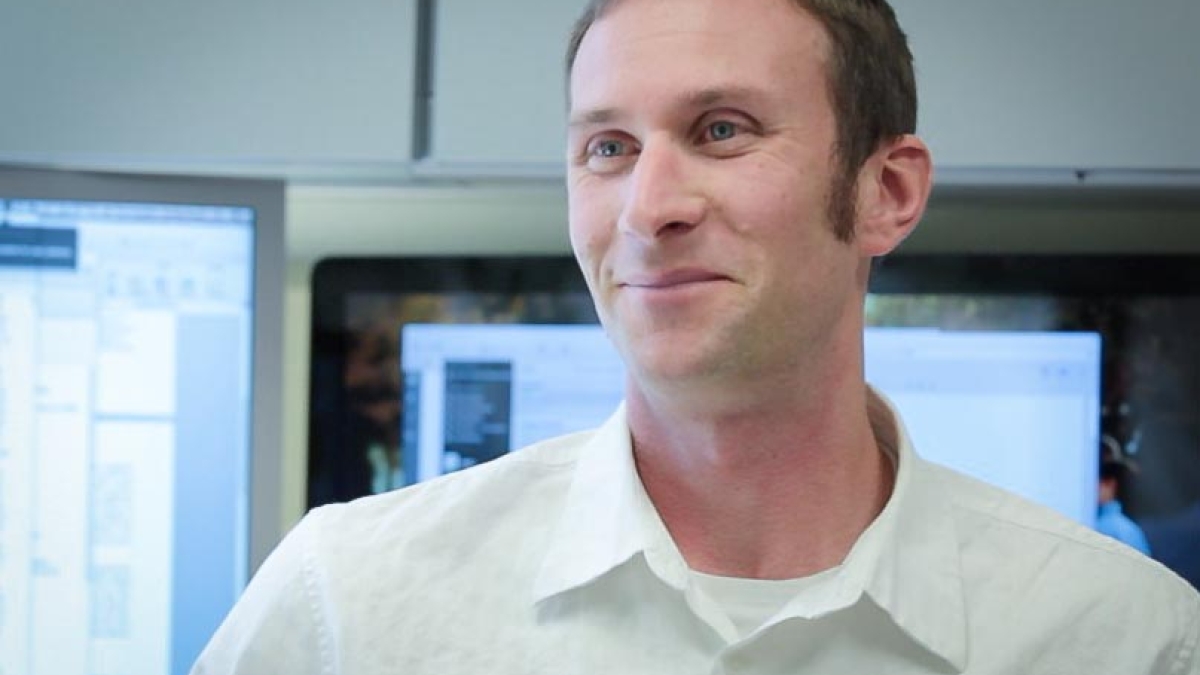NSF-funded project advances science education for English language learners

Nearly $3 million in new grant funding from the National Science Foundation will help an Arizona State University professor, in collaboration with professors from three other universities, improve how new secondary education science teachers instruct and engage English language learners.
Edward G. Lyon, assistant professor of science education in the Mary Lou Fulton Teachers College, is principal investigator for the ASU site and co-principal investigator for the full four-year project, called, “Secondary Science Teaching with English Language and Literacy Acquisition (SSTELLA).”
“English language learners represent nearly a fourth of all secondary students in the United States and have been underperforming in science for over three decades,” said Lyon, who received $471,000 of the Discovery Research K-12 grant for the ASU project site.
The project aims to support pre-service science teachers through multimedia tools in their science methods course, and through professional development for their mentor teachers to promote SSTELLA instructional practices in the context of Next Generation Science Standards and Common Core State Standards.
Lyon said this includes “facilitating scientific sense-making and discourse, developing academic language and literacy, and contextualizing science activities.”
He and his collaborators will also survey, interview and observe the pre-service teachers through their second year of teaching and collect student outcome data to better understand the impact of the intervention on teacher beliefs, teacher practice and student achievement.
“We know what teaching practices should work in secondary classrooms, but there is very little evidence of how well new teachers can actually uptake and implement these practices,” Lyon said. “Our pre-service secondary science teachers will not only be participants in the research, but will benefit directly as we provide them the tools necessary to teach science in culturally and linguistically diverse classrooms.”
Other institutions collaborating on the project include the University of Arizona; University of Texas, San Antonio; and University of California, Santa Cruz.